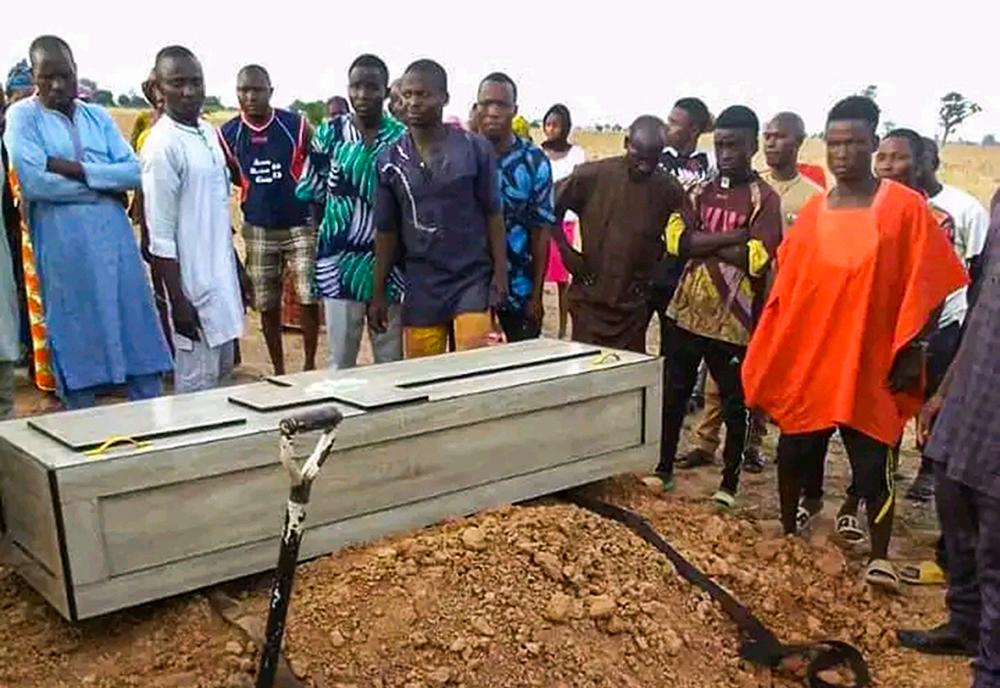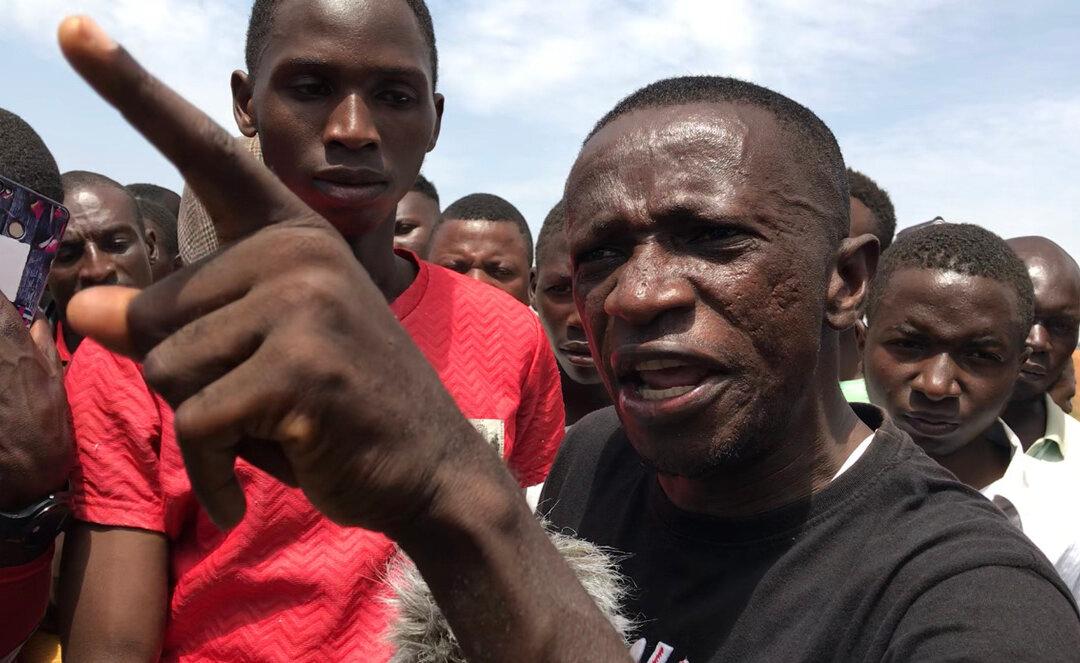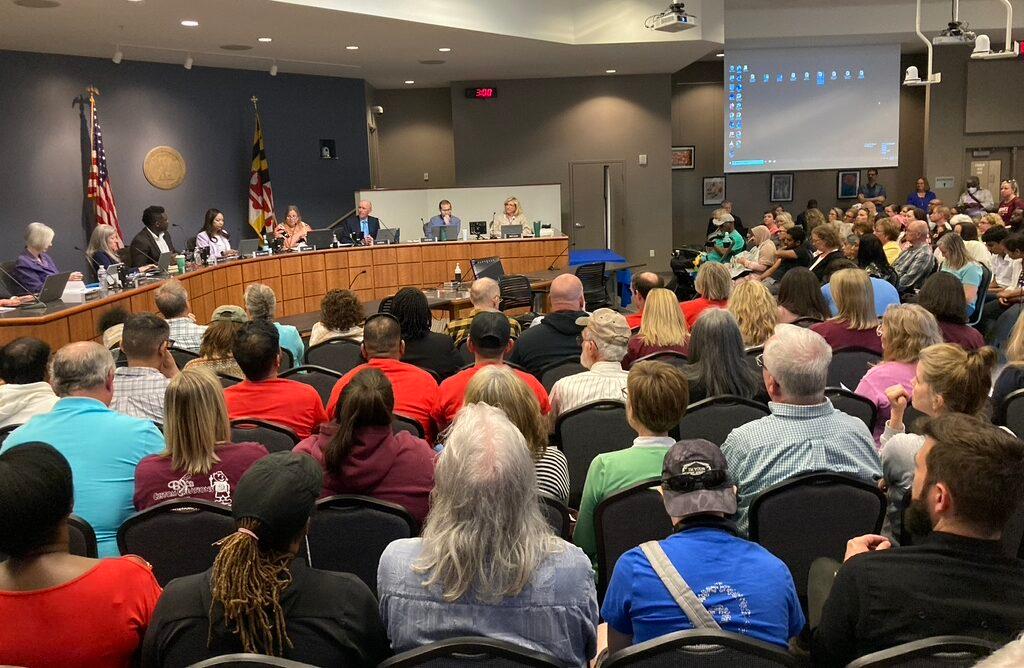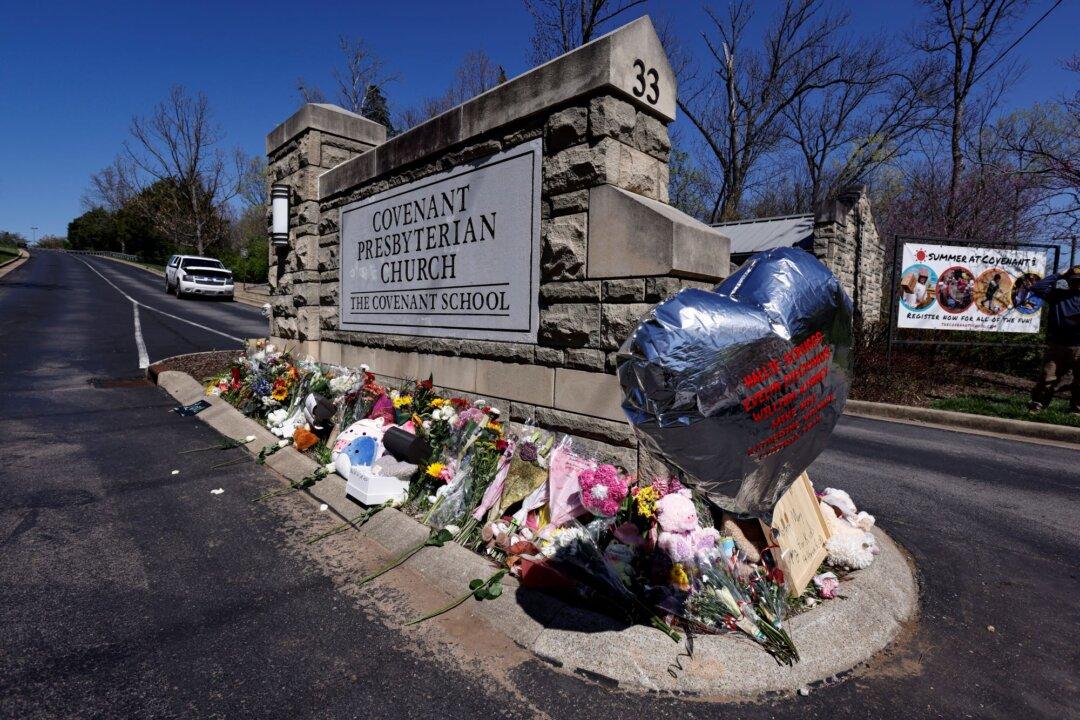Commentary
Claims of a Christian genocide in Nigeria were discounted by the Department of State’s recently published 2020 Country Report which cites land disputes and farmer-herder competition—not jihadism—as the driver of mass homicides in Nigeria’s North West states. The 17,000-word report posted March 30, 2021 spares just 200 words to explain close to 1,000 brutal murders in Nigeria’s Middle Belt during the last year.





